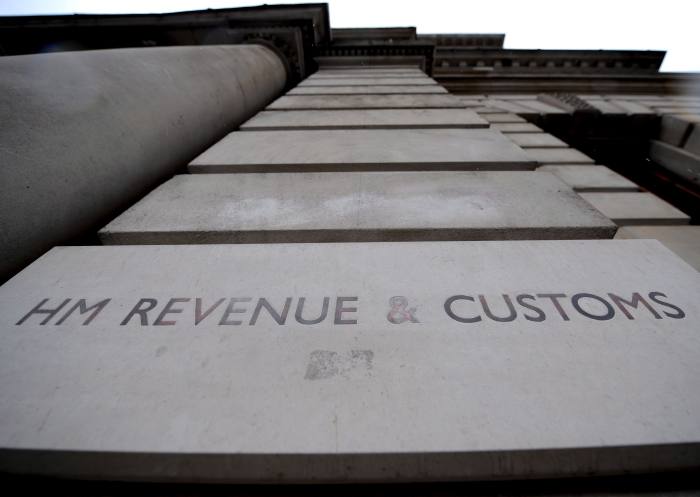
Tax advisers could be strong-armed into providing more information to the taxman under new rules floated by HM Revenue and Customs.
Background papers, published today (July 21) alongside HMRC’s proposals for tackling promoters and enablers of tax avoidance, showed the new policy would strip tax advisers of an exclusion which previously allowed them to withhold information from the authority.
Currently, tax advisers are excluded from HMRC’s powers to inspect a person’s position regarding a potential penalty and to collect information to help identify any other person who enabled the tax avoidance arrangements.
But the taxman is proposing to remove the exclusion, meaning advisers could be required to provide information regarding people involved in an ongoing tax avoidance probe.
Advisers would still be able to withhold any material they think is not required for the purpose of checking the penalty position.
The policy change is part of a wider push to increase penalties for enablers of tax avoidance.
Originally announced in the March Budget, the government renewed its threat to penalise enablers found to have promoted tax avoidance schemes, which could equal 100 per cent of fees earned.
The government also pledged extra funding to support HMRC’s crackdown on tax avoidance, which the chancellor said would create an additional £4.4bn in revenue over the next five years.
At the time, Rishi Sunak promised to “raise standards” in the market of tax advice and target the promoters of tax avoidance schemes.
Other policies proposed today included allowing HMRC to enforce earlier ‘stop notices’, which halt the promotion of schemes which are not going to give the tax advantage the promoter has promised.
Under the new rules, ‘stop notices’ can be issued for new schemes where HMRC has a reason to suspect that a person is a promoter, that at least one of the arrangements is a tax advantage and there are reasonable grounds to suspect the scheme does not deliver the advantage promised.
In terms of tackling enablers, the new legislation would allow HMRC to publish an enabler’s name and address, the number of penalties incurred and their value much sooner when multi-user schemes are involved.
The background notes show tax advisers are not the end target for such measures however, with HMRC stating that “many tax advisers adhere to high professional standards and are a very useful source of advice and support to taxpayers” and that the “measures are not aimed at such professionals”.
The proposals come off the back of Sir Amyas Morse’s independent review of the loan charge - a fee levied since the start of the last tax year on those who benefitted from disguised remuneration schemes, used to pay employees via third party companies which "loaned" the money to the worker.
As the loans were allegedly never intended to be repaid HMRC treated them as tax avoidance, but campaigners have argued many employees agreed to the schemes only after seeking expert advice.





